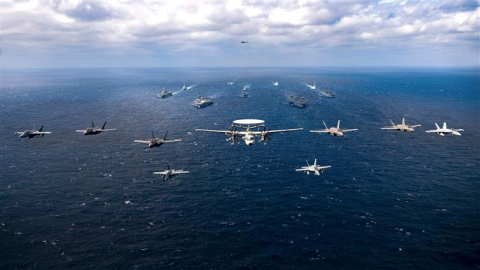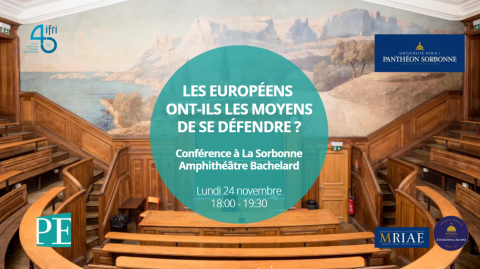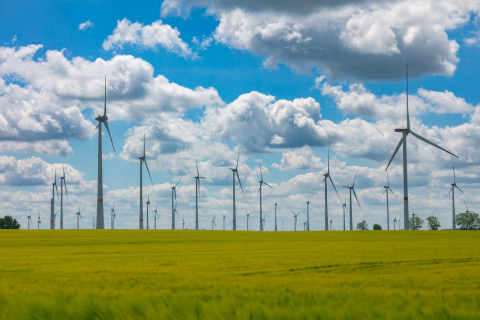
Informations pratiques
Thématiques et régions
Centres et programmes liés
Ceci est un événement réservé.
En savoir plus sur nos programmes de soutienDans le cadre de l'Ifri Energy Breakfast Roundtable, un séminaire avec Marcus Becker, European Energy Policy Executive, General Electric and Adrian Joyce, Secretary General, EuroAce, Claude Turmes, Vice President of the Green Group, European Parliament (tbc). Présidence: Maïté Jaureguy-Naudin, chercheur, coordinatrice de projet du programme Energie à l'Ifri et Jacques Lesourne, président du comité scientifique du programme Energie à l'Ifri.
Last June, the European Commission proposed a draft Energy Efficiency Directive in order to update, centralize and advance previous directives and to enhance development of related applications in EU member States. To date, EU progress in improving the energy intensity of its economy or the carbon intensity of its energy mix has been lackluster. Recent developments in the nuclear sector demand even greater rigor in efficiency. It has been said time and again that energy efficiency could be the main source of reduced GHG emissions and by far the most cost-effective. However, habits and energy mixes take long to change. Is the Energy efficiency directive proposed by the European Commission on June 2011 ambitious enough to put the less publicized of the 3*20 objectives on the right path? Are the tools set in place by the European Union to fight global warming complementary or in conflict such as the public spat between DG Climate & DG Energy over the draft release could lead us to believe ? Is the strategy strong enough to spur the renovation of the existing block? What would be the impact for the industry? For the power sector? Can we really expect to improve energy or carbon intensities in the absence of economic growth? Such are the questions that this conference will discuss.
Sujets liés
Autres événements
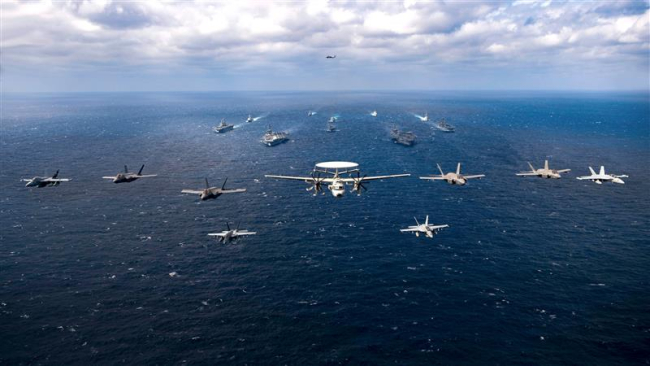
Naviguer au cœur des tensions du Détroit de Taiwan : perspectives du Japon, des Philippines et de la France
Alors que les tensions s’aggravent dans le détroit de Taïwan et que les débats s’intensifient sur les risques de frictions hybrides pouvant dégénérer en conflit armé dans les années à venir, les pays voisins se préparent.
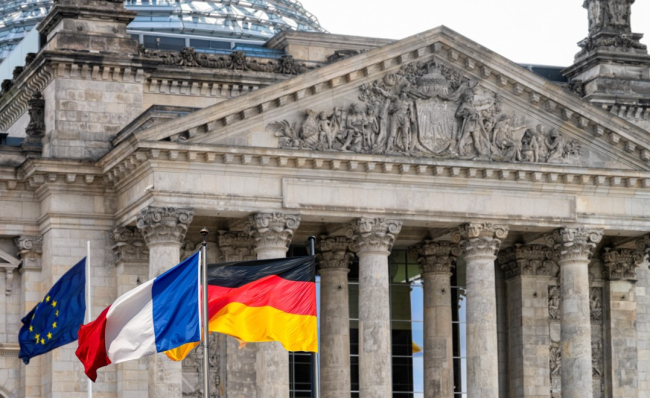
France-Allemagne, le moteur sous pression
Conférence annuelle du Comité d'études des relations franco-allemandes (Cerfa). Face à un environnement stratégique et économique profondément bouleversé, la coopération franco-allemande s’affirme plus que jamais comme le pilier central de l’avenir européen. La guerre en Ukraine, la dépendance énergétique et technologique, ainsi que l’incertitude quant à la solidité du lien transatlantique imposent un approfondissement urgent de la souveraineté européenne, tant en matière de défense que de compétitivité économique et industrielle.

Chine/Inde : vers un nouveau partenariat ?
Visioconférence de la Société des Amis de l'Ifri. En Asie, nouveau centre de gravité économique et géopolitique du monde, la Chine et l’Inde tentent de redéfinir leurs relations.





